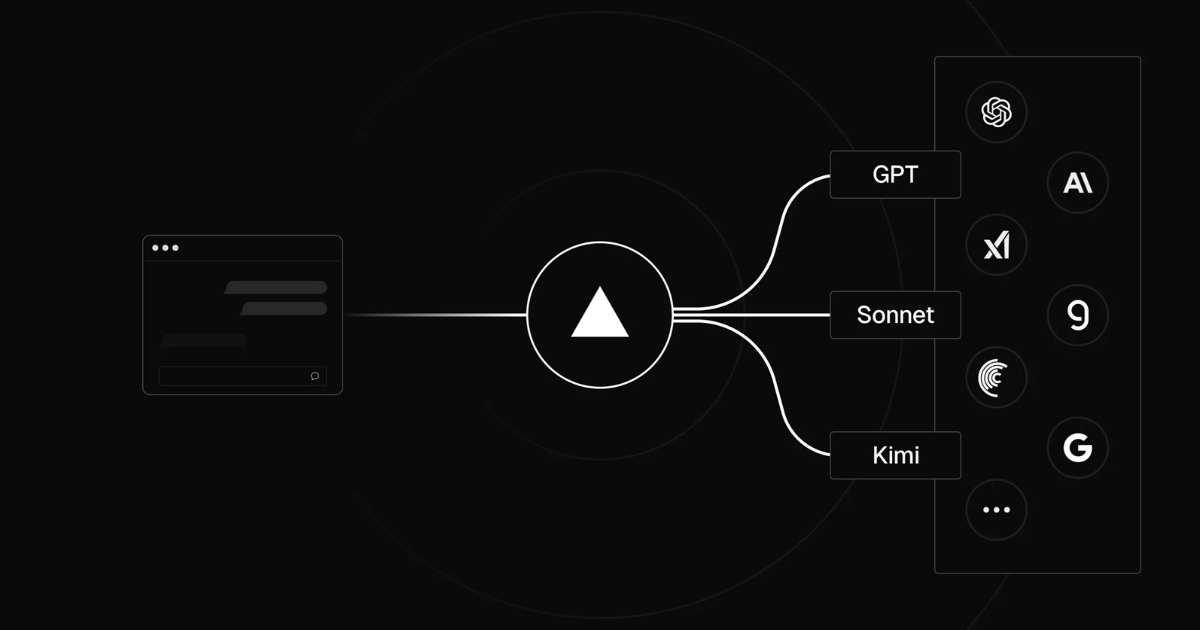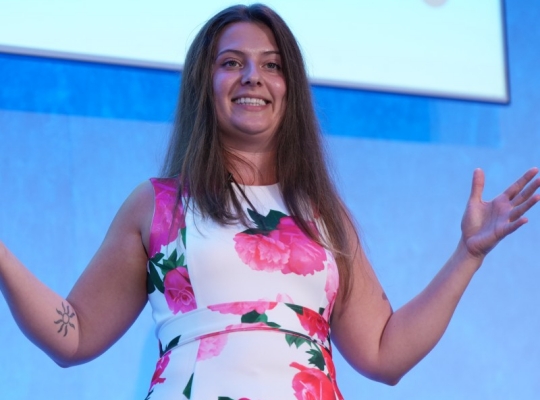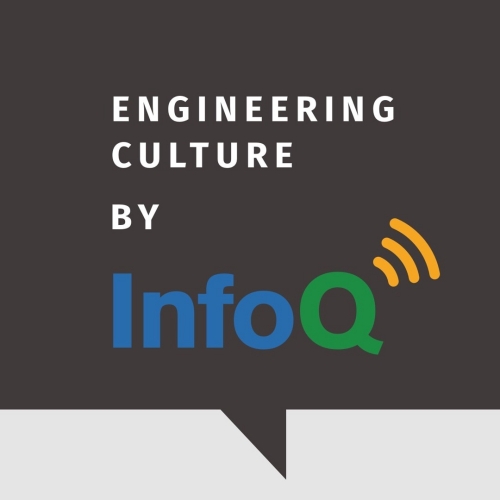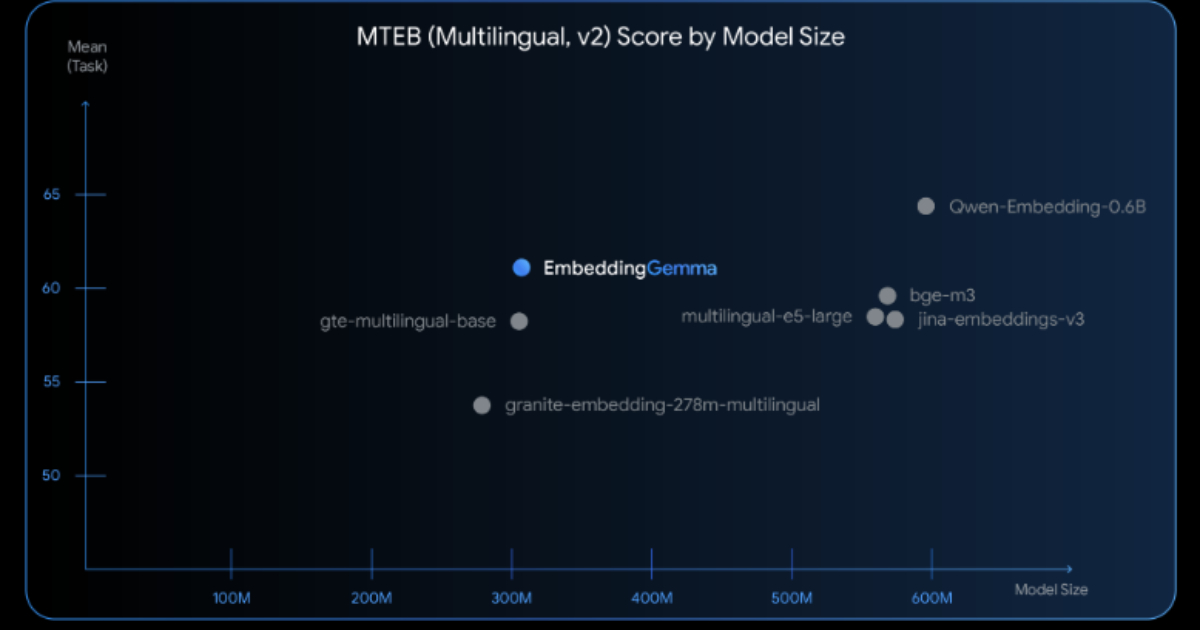Codetown
Codetown ::: a software developer's community
Last night's OrlandoJUG was great!
Tags:
Replies to This Discussion
Notes
Welcome to Codetown!
 Codetown is a social network. It's got blogs, forums, groups, personal pages and more! You might think of Codetown as a funky camper van with lots of compartments for your stuff and a great multimedia system, too! Best of all, Codetown has room for all of your friends.
Codetown is a social network. It's got blogs, forums, groups, personal pages and more! You might think of Codetown as a funky camper van with lots of compartments for your stuff and a great multimedia system, too! Best of all, Codetown has room for all of your friends.
Created by Michael Levin Dec 18, 2008 at 6:56pm. Last updated by Michael Levin May 4, 2018.
Looking for Jobs or Staff?
Check out the Codetown Jobs group.
InfoQ Reading List
Vercel Introduces AI Gateway for Multi-Model Integration

Vercel has rolled out the AI Gateway for production workloads. The service provides a single API endpoint for accessing a wide range of large language and generative models, aiming to simplify integration and management for developers.
By Daniel DominguezPresentation: Secure by Design: Building Security into Engineering Workflows and Teams

Stefania Chaplin explains how to integrate security into engineering workflows and teams using a "Secure by Design" approach. Drawing on her extensive experience, she shares practical strategies for a security-first culture by focusing on people, processes, and technology, including the use of security champions and automation to improve resilience and reduce costs.
By Stefania ChaplinPodcast: Why Software Development Sucks And 7 Mental Models To Help Fix It

Shane Hastie, Lead Editor for Culture & Methods, spoke to Thanos Diacakis about how teams often struggle with software delivery. He proposes a shift in mental models and a four-step framework to systematically improve software development by focusing on bottlenecks, balancing different types of work beyond just feature delivery, and investing 20-30% of effort in improving how the team works.
By Thanos DiacakisNext.js 15.5 Ships - Turbopack Production Builds, Node.js Middleware, and Tighter Typescript DX
 By Daniel Curtis
By Daniel Curtis Google DeepMind Launches EmbeddingGemma, an Open Model for On-Device Embeddings

Google DeepMind has introduced EmbeddingGemma, a 308M parameter open embedding model designed to run efficiently on-device. The model aims to make applications like retrieval-augmented generation (RAG), semantic search, and text classification accessible without the need for a server or internet connection.
By Robert Krzaczyński
© 2025 Created by Michael Levin.
Powered by
![]()